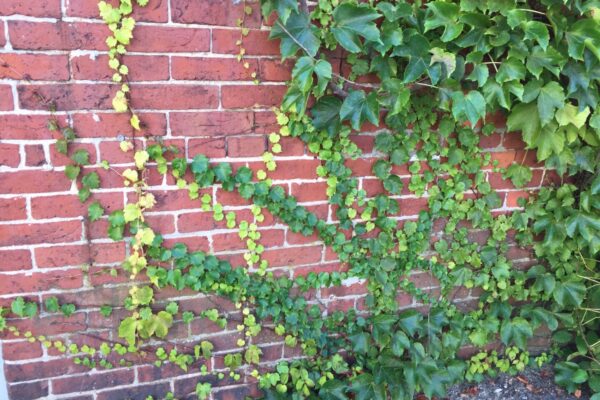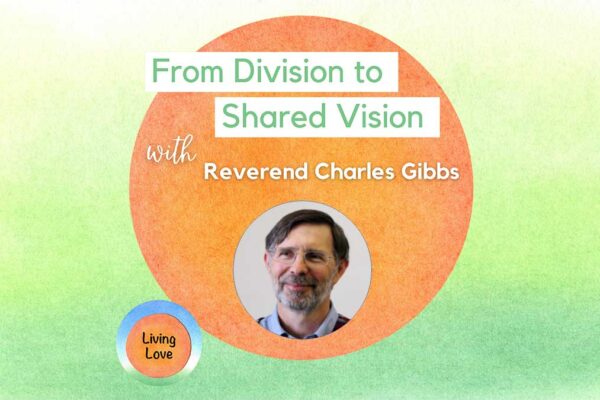Asking questions and listening for the strategies and ideas embedded in people’s own answers
can be the greatest service a social change worker can give to a particular issue. – Fran Peavey
Questions invite participation and the generation of new learning and ideas. Our context is shifting rapidly. That means that what is needed and what is possible are also fluid and changing. I’d add to Fran Peavey’s quote: we need to ask questions and listen for the emerging potential and adapt, like a surfer riding the waves of change, turning and adjusting in real time.
Crafting new questions can allow new answers to emerge. The questions we ask can challenge limiting beliefs and biases about what is possible. They can inspire visions beyond the cul-de-sac of narrow or either/or options that are presented. Consider asking:
- What can grow in response to this event?
- How might I/we be called to grow and change in response to this?
- What are resources in this community that could be activated, invited forth, and encouraged?
- What is now possible?
- What did we learn and discover from what we just experienced?
 This story from Ai-jen Poo, who co-founded and leads the National Domestic Workers Alliance, is a good illustration. She was in conversation with one of the other cofounders of the Alliance, who was a nanny and is now an organizer who directs their Black organizing program. That person said “15 years ago, when we started this thing, there is no way we could’ve seen what would’ve unfolded or where we would be and all the people we would be connected to.”
This story from Ai-jen Poo, who co-founded and leads the National Domestic Workers Alliance, is a good illustration. She was in conversation with one of the other cofounders of the Alliance, who was a nanny and is now an organizer who directs their Black organizing program. That person said “15 years ago, when we started this thing, there is no way we could’ve seen what would’ve unfolded or where we would be and all the people we would be connected to.”
Ai-jen Poo said “And that, to me, is so hopeful, because everything that we are today never showed up in a strategic plan, right? It never — and it means that there are these dimensions of possibility that we can’t see or plan for, which to me is hopeful.”
– From the On Being podcast, with her in conversation with Tarana Burke of the #metoo movement, The Future of Hope
A question that we don’t have an answer to can become the seed of a big vision. In my podcast, called Living Love, I heard a powerful story from Reverend Charles Gibbs, in the episode called From Division to Shared Vision. Charles shared this story:
“I was at a clergy conference in the Diocese of California. My bishop, Bill Swing talked about a call he had gotten from someone at the UN, who said, we’re coming to San Francisco for a week to celebrate the 50th anniversary of the UN Charter signing. Would you, as part of that celebration, host a one-hour interfaith service at Grace Cathedral. The UN rep said, “we’ll bring the nations. Will you please bring the world’s religions?” And he said sure, and couldn’t sleep that night.
He realized that the nations had, for 50 years, dedicated themselves to a shared vocation expressed in the UN Charter, to work for peace and wellbeing for all people. And they were celebrating that with a week-long party and inviting the world’s religions to come. He asked, ‘Where are the religions similarly working together, for the good of all people?”
And his answer was, we aren’t. The nations of the world are acting in a more moral way than the religions. For him, the prompt was something more than a one-hour interfaith service is being asked for. In his imagination, that something would be an analogue to the UN, in the world of religion. After I heard him talk, I waited until everyone else had left and I went up to him and said words that would change my life really dramatically. I simply said,
“I’d like to help.”
Charles goes on to share how that question led to a series of inter-faith dialogues convened around the world to “find words of a common vision that an amazing diversity of people could find themselves in.” This then led to the question “what could we, this group, do now to start living into what we want to create?” From that, United Religions Initiative grew. Listen the full story or read the transcript here: From Division to Shared Vision

